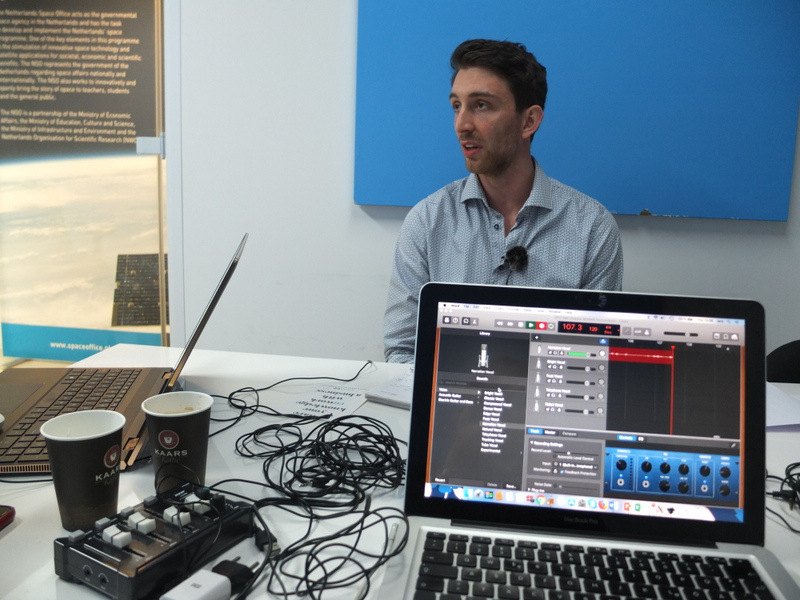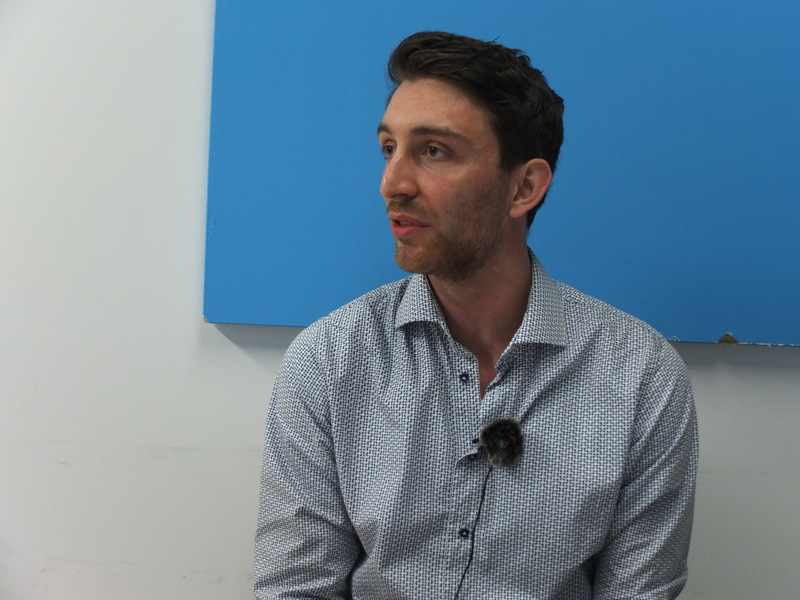Arjan Tabak
Managing Director at SENSAR
ABOUT YOUR START-UP
You are working at Sensar, a start-up which provides a solution to reduce ground deformation risks using satellite change monitoring solutions. Where is the idea coming from?
The base technique we use already exists for >25 years, but has never been able to become an industry standard, like for example GPS. With our renewed approach we hope to make that happen.
Can you tell us a little bit of the unique solution Sensar offers?
We use satellites to measure the movements of assets and infrastructure with millimetre
precision. With our Platform as a Service approach, we make this powerful data available to
engineers all over the world.
You are a technical person with specific technical knowledge around this subject. What are the main challenges for a start-up to start selling a new product within this market?
Finding the right product-market fit. Even if your technology is perfect, it doesn’t mean that people want to buy it.

How did you test your market fit within this high specific space industry?
Our customers are mainly in the civil engineering domain. We have worked closely with a couple of launching customers in order to tweak our product before rolling it out to the bigger public.
You are located at the SBIC which is the incubator for start-ups that use space technology for terrestrial applications. How did you get to know SBIC and how are they supporting you?
We learned about SBIC through S&T, one of our co-founders. SBIC is supporting us by providing a start-up environment with nice interactions, a workplace, financial support and hosting start-up information sessions on various topics like sales, IP, legal, etc.
Can you share some of the success stories you are most proud of?
For our partner Strukton, we monitored the A15 highway south of Rotterdam – a stretch of approximately 35 kilometres they are responsible for maintaining for 20 years. With our satellite-based measurements, they can better plan the maintenance of the highway.
For a water board we provided information on the historical subsidence of the dyke they were going to reconstruct, so they could use this as input information for their reconstruction design. Previously, they based this on a lithographic model provided by the Dutch government, with sparse and indirect information on the subsidence of the dyke. By using our data, they were able to save a lot of money.
ABOUT YOUR LIFE
How did you get interested in the space industry and started a study in Delft?
I got interested in the space industry during my study in Delft. At the end of my bachelor Applied Earth Sciences, I realized that I was more interested in the bigger picture of the earth, rather than all the small details. Therefore, I ‘zoomed out’ by choosing for the Geoscience and Remote Sensing master track. This allowed me to still look at the earth, but from a distance.
How do you see the future of space technology and the impact on our daily lives?
The influence of space technology on our society will keep on growing and growing. There are two major trends right now in our industry: the growing availability of satellite data (with several new providers) and the growing ability to process large datasets and to extract information from them. Sensar operates exactly at this intersection.
What is your goal in life coming 5 to 10 years?
To grow Sensar and thereby to help to make powerful earth observation data available to
everyone for everyday use.
How do you keep a good work-life balance with your work and family life?
I try to make a clean split between being at work and being at home. This allows me to give
proper attention to both.





